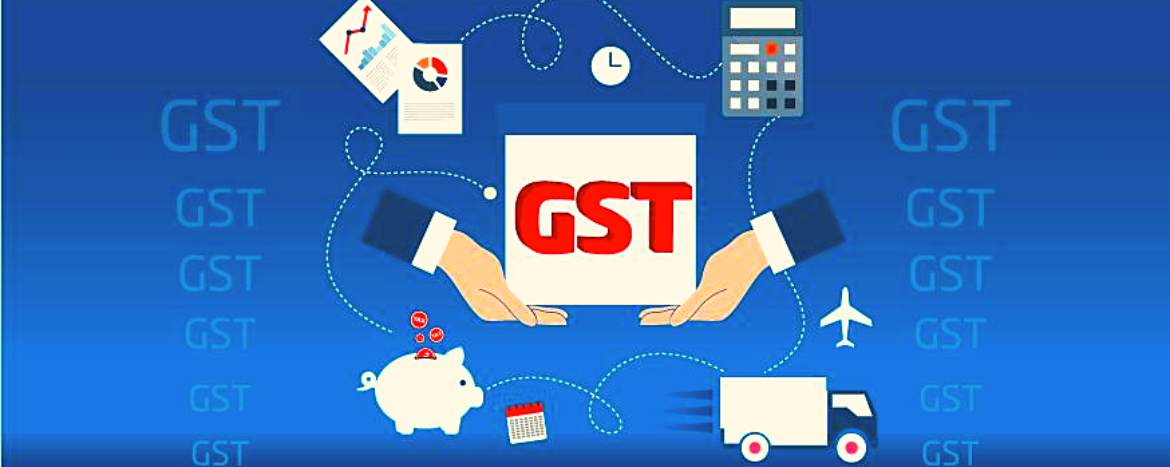Good Services and Tax:-
Goods and Services Tax (GST) is an indirect tax (or consumption tax) used in India on the supply of goods and services. It is a comprehensive, multistage, destination-based tax: comprehensive because it has subsumed almost all the indirect taxes except a few state taxes. Multi-staged as it is, the GST is imposed at every step in the production process but is meant to be refunded to all parties in the various stages of production other than the final consumer and as a destination-based tax, it is collected from point of consumption and not point of origin like previous taxes.
Documents Required:-
- Trade Name
- Pan Card
- Aadhar Card
- Address Place of business
- Electricity bill
- N.O.C
- E-mail ID
- Mobile No.
- Photo
- Business Detail
Benefits of GST:-
-
- GST eliminates the cascading effect of tax.
- Higher threshold for registration.
- Composition scheme for small businesses.
- Simple and easy online procedure.
- The number of compliances is lesser.
- Defined treatment for E-commerce operators.
- Improved efficiency of logistics.
- The unorganized sector is regulated under GST.
FAQ of GST
GST simply means Goods and Service Tax. It is a destination-based tax on the consumption of goods and services in India.
The place of supply or place of consumption is what determines whom the tax is accrued to.
The tax burden is borne by the final consumer. GST is in the form of an indirect tax on the supply of goods and services.
The dual GST subsumes the taxes and levies on items previously collected by the central and the state. It will be levied simultaneously both by the central, in the form of intra-state supply of goods (CGST) and the state (SGST/UGST). The tax levied by the central on the inter-state supply of goods and services is called Integrated GST (IGST).
All formerly taxable items by the central and the state are taxable except alcohol, petrol and petroleum products, electricity, and real estate.
GSTIN is the identification number given to every registered supplier.
Yes. It is possible to register multiple businesses under the same GSTIN as long as they are in the same state.
The returns are varied from GSTR-1 to GSTR-11.
The due date for filing a return is based on the form of GST return a taxpayer subscribes too.
GST makes tax filing convenient for small businesses. It also gives better Input Tax Credits (ITC) and makes inter and intrastate tax filing uniform.
If a non-liable person registered GST, they can apply for nullification of Provisional ID on or before the date of July, 31st 2022.
The GST unregistered person can take 30 days to complete the GST enrollment formalities from the registered date.

